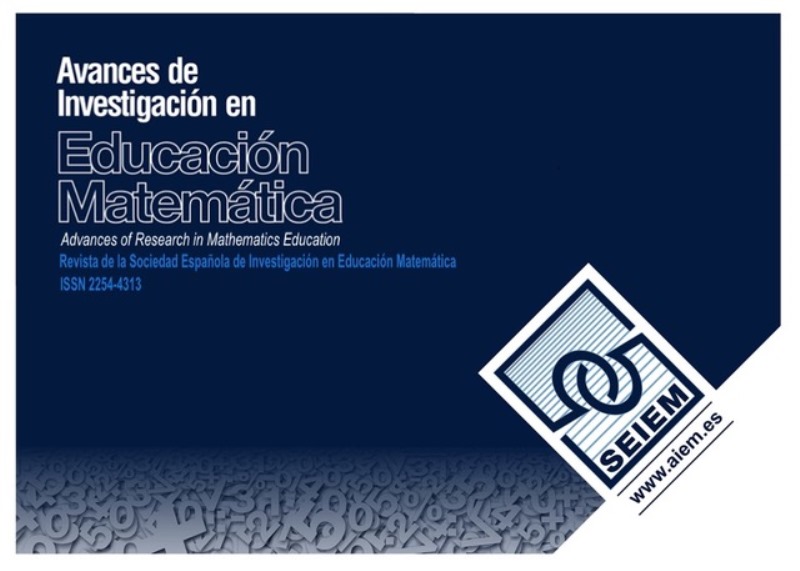Experiences of problem solving in whole class interactions
DOI:
https://doi.org/10.35763/aiem.v0i16.279Keywords:
Problem solving, conversation analysis, classroom interactionAbstract
Problem solving is often considered to be an essential part of learning mathematics. In this paper we examine the whole class interactions around problems and problem solving as they naturally occur in mathematics classrooms. Thus, we are examining students’ ordinary experiences of problem solving in their everyday mathematics lessons. Our analysis shows how students’ participate in a very narrow range of problem solving actions and that the actions that they do participate in are controlled by the teacher. This raises implications for what students perceive and interpret problem solving to be in mathematics
Downloads
Downloads
Published
How to Cite
Issue
Section
License
The articles published in this journal are under a license Creative Commons: By 4.0 España from number 21 (2022).
Authors who publish with this journal agree to the following terms:
- Authors retain copyright and keep the acknowledgement of authorship.
- The texts published in this journal are – unless indicated otherwise – covered by the Creative Commons Attribution 4.0 international licence. You may copy, distribute, transmit and adapt the work, provided you attribute it (authorship, journal name, publisher) in the manner specified by the author(s) or licensor(s). The full text of the licence can be consulted here: http://creativecommons.org/licenses/by-nc/4.0.
- Authors are able to enter into separate, additional contractual arrangements for the non-exclusive distribution of the journal's published version of the work (e.g., post it to an institutional repository or publish it in a book), with an acknowledgement of its initial publication in this journal.
- Authors are permitted and encouraged to post their work online (e.g., in institutional repositories or on their website) prior to and during the submission process, as it can lead to productive exchanges, as well as earlier and greater citation of published work (See The Effect of Open Access).









